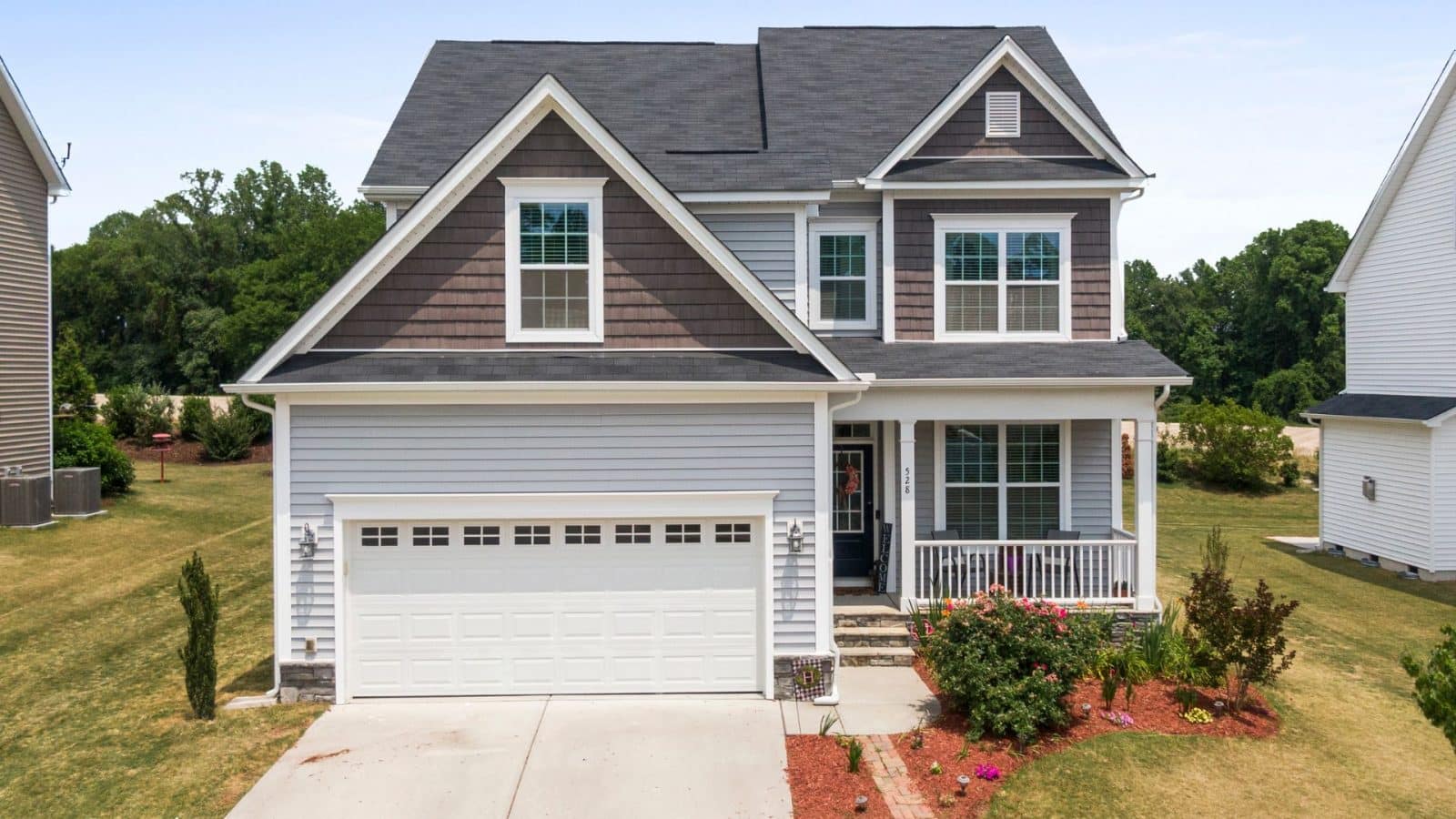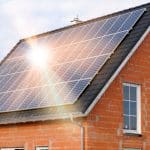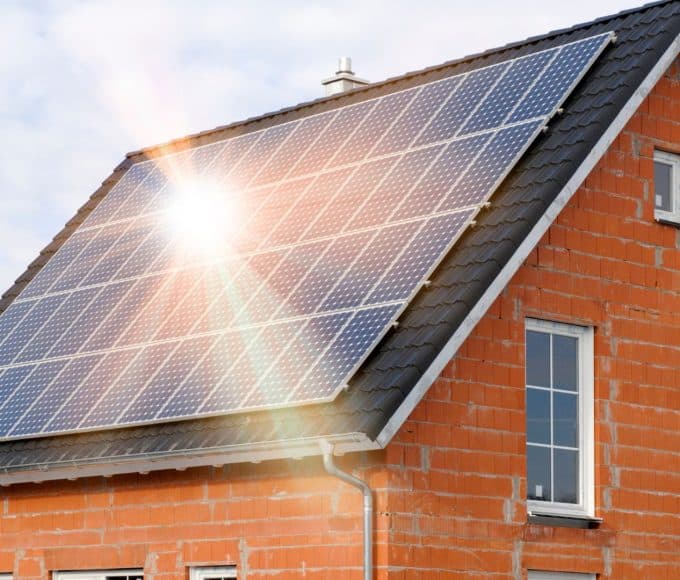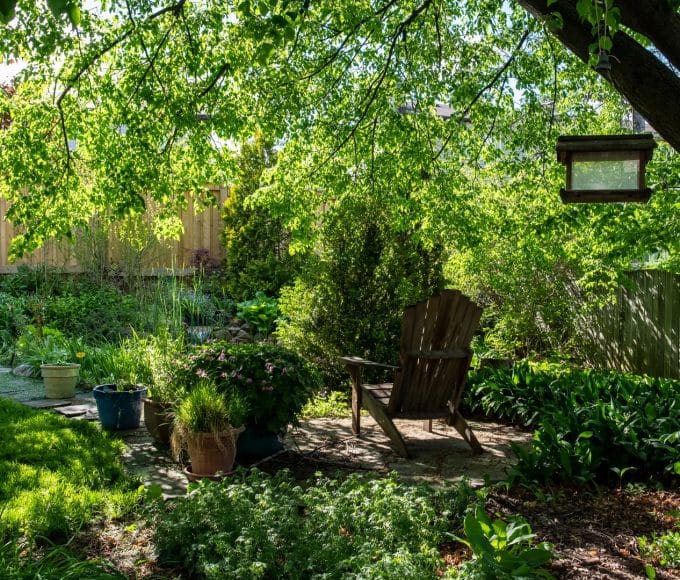Dealing with a garage door that refuses to close is frustrating and inconvenient. Whether it’s due to a malfunction or a mechanical issue, addressing the problem promptly is crucial to ensure the security of your home and belongings. Check out these ways to fix a garage door that won’t close.
Visual Inspection
The first step in tackling a garage door that won’t close is to perform a thorough visual inspection. Begin by examining the door’s sensors, which are typically located near the ground. These sensors must be clean and properly aligned to function correctly. Check the tracks on either side of the door as well, making sure there are no visible obstructions like debris or dents. A quick look might reveal obvious issues that you can rectify on the spot, saving you time and effort.
Sensor Realignment
One of the most common reasons garage doors refuse to close is due to misaligned sensors. Once you’ve inspected the sensors visually, verify that they are facing each other directly at the same height. If they’re out of alignment, carefully adjust one sensor until it is in line with the other. After realignment, test the garage door to see if it closes properly.
Track Cleaning and Alignment
Over time, dirt, dust, and debris can accumulate on the garage door tracks, leading to misalignment and operational difficulties. To fix this, clean the tracks with a damp cloth, removing any buildup that may hinder the door’s movement. Additionally, ensure the tracks are properly aligned. If the tracks appear bent or uneven, gently use a rubber mallet to adjust them into the correct position. This can promote smooth door operation and prevent further closing issues.
Spring and Cable Check
Springs and cables play a critical role in the functionality of your garage door. Conduct a visual inspection, looking for signs of wear, rust, or breakage. It’s important to exercise caution here, as garage door springs are under high tension and can be incredibly dangerous to handle without professional expertise. If you notice any issues with the springs or cables, it’s best to call a professional for repair or replacement. Ignoring these components can lead to more serious problems down the line.
Addressing minor garage door malfunctions promptly can prevent larger, costlier issues from developing. Regular garage door maintenance, such as cleaning the tracks and checking sensor alignment, keeps the door functioning smoothly and extends its lifespan. The next time you encounter a problem, try one of these ways to fix a garage door that won’t close to keep your door in good condition.
Recommended Readings: How To Protect Your Home From Flood Damage















